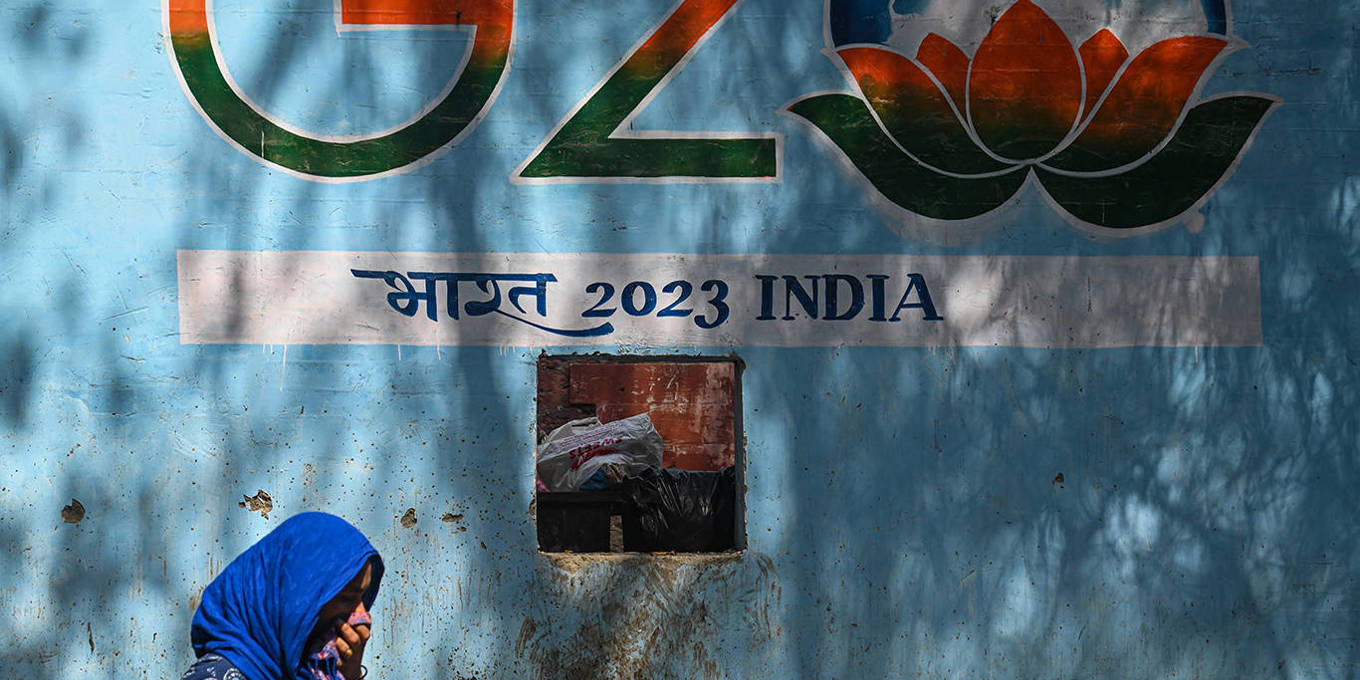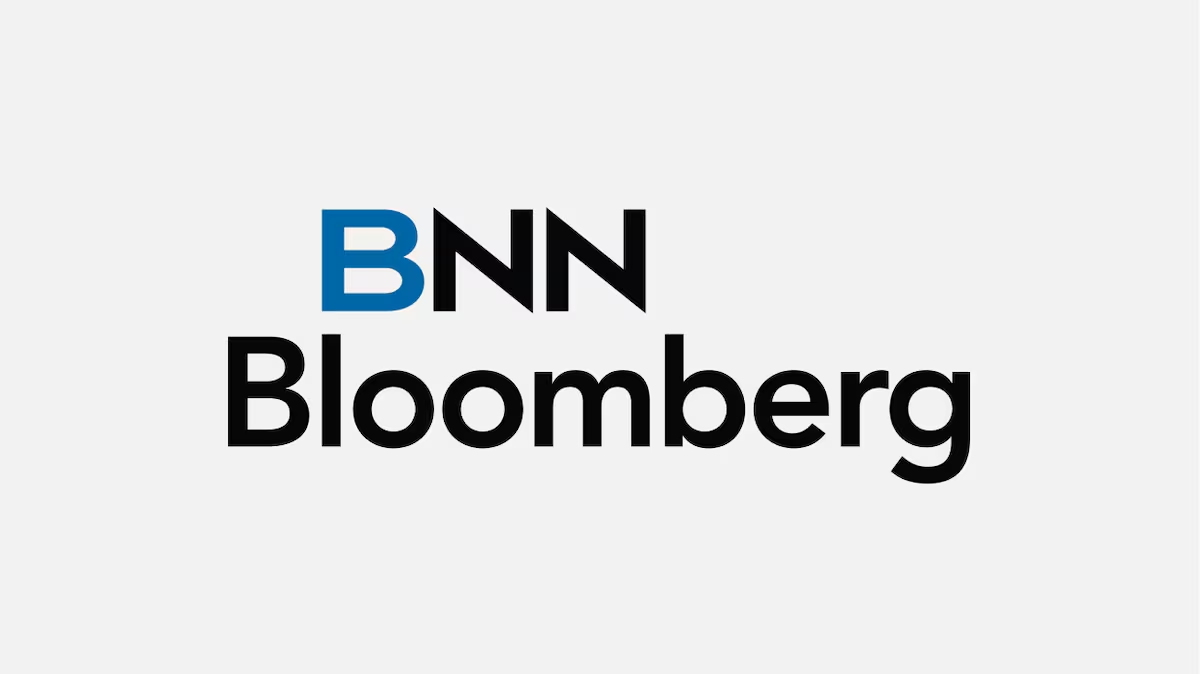Bangladesh will examine data anomalies that allegedly inflated economic performance during former Prime Minister Sheikh Hasina’s regime, in an effort to stamp out corruption that plagued the South Asian nation for most of the past 15 years.

www.bnnbloomberg.ca
(Bloomberg) -- Bangladesh will examine data anomalies that allegedly inflated economic performance during former Prime Minister Sheikh Hasina’s regime, in an effort to stamp out corruption that plagued the South Asian nation for most of the past 15 years.
The country’s interim government has asked Debapriya Bhattacharya, an economist and public policy analyst, to produce a “white paper” documenting mismanagement under Hasina’s rule. Bhattacharya has 90 days to write the paper and plans to submit an initial report to Nobel-winning banker Muhammad Yunus, who’s leading Bangladesh’s temporary administration.
“We have a serious problem with data,” Bhattacharya, 68, said in an interview in Dhaka on Saturday. “Data were manufactured. Data were suppressed. I call that data anarchy.”
From a distance, Bangladesh was widely perceived as an economic success story, propelled by the world’s second-largest garment exports industry. But Bhattacharya said Hasina’s administration likely released inaccurate data on exports, inflation and gross domestic product, creating “unprecedented economic vulnerabilities.”
Hasina, who resigned and fled to India this month in the face of mass protests, left behind 18.36 trillion taka ($153 billion) of local and foreign debt as of December. That’s equal to the national budget for three fiscal years.
Bhattacharya identified three key setbacks for Bangladesh: macroeconomic instability, inflation and a dearth of foreign exchange reserves. Stability was disrupted over the last couple of years and Hasina blamed it on the Ukraine war, which “we thought was not very justified,” he said.
Bangladesh has a 7.3% tax-to-GDP ratio, one of the lowest in the world. The ratio is estimated to improve to 8.8% in the fiscal year ending June 2025.
“This is one of the paradoxes. You have 5% to 7% steady growth and you do not collect taxes, which essentially means that either the growth was fictitious, or those who benefited from the income generated from the growth did not come under the tax net,” Bhattacharya said. “Maybe a large part of it was funneled out of the country.”
The interim government’s immediate task is to shore up funds needed to pay for services like electricity. Newly appointed central bank Governor Ahsan H. Mansur said last week the country is in talks with the International Monetary Fund for an additional $3 billion in emergency aid, and is also seeking funds from other multi-lateral lenders.
Disruption to exports have put strain on foreign exchange reserves, which had already slumped before the current crisis. The central bank is buying dollars from the interbank market in order to meet its obligations, the governor said.
Bangladesh, which has 170 million people, is struggling to move into the next stage of development. One critical question is whether the nation is ready to graduate from being a least developed country in 2026. The United Nations recently postponed the Solomon Islands’ move out of the LDC category following a change of government there and social chaos that followed.
Bhattacharya said issues facing Bangladesh aren’t “problems of graduation” but “problems of development.” For now, he said, the country remains on track, despite the unrest and a shakeup in leadership.
“Bangladesh is still above all the three sets of criteria for graduation: per capita GNI, human assets and economic and environmental vulnerability index,” said Bhattacharya, who sits on the UN panel.
Bangladesh is grappling with severe political turmoil. More than 600 people were killed during violent demonstrations in past weeks, the UN Human Rights Office said. The upheaval in Bangladesh fits the “playbook of any authoritarian government,” Bhattacharya said.
“What has happened in Bangladesh is no exception,” he said. “First, you abhor pluralism, then you banish democratic accountability, and then you put your partisan people in all institutions — not necessarily on merit, but more based on their loyalty, and often sycophancy.”
©2024 Bloomberg L.P.













